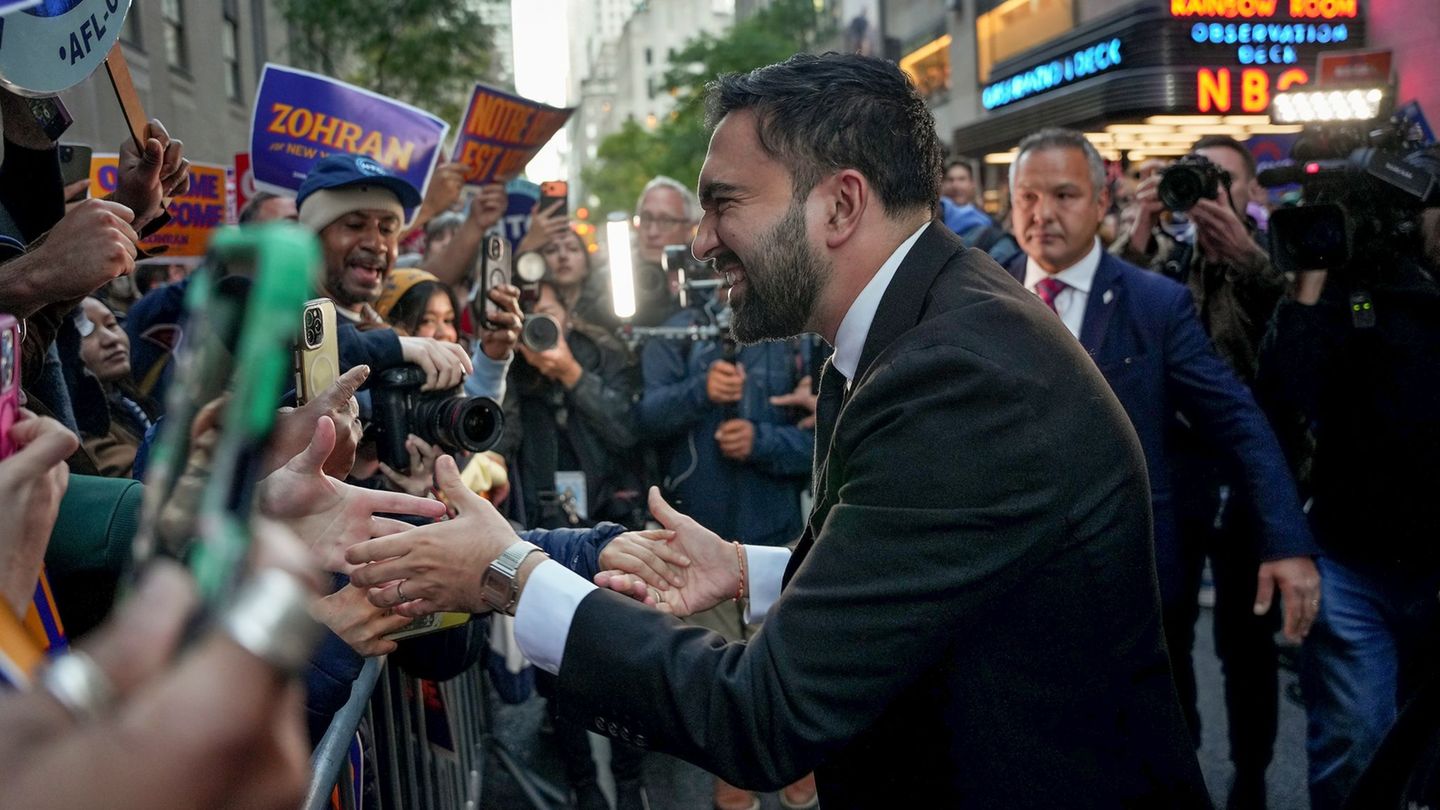Vaccinations protect against Covid-19. The only question is: how long? Many factors play a role.
The vaccinations are considered to be the most important lever against the corona virus. As soon as possible, as many as possible should therefore be vaccinated at the discretion of experts. But how long does the protection of the corona vaccinations last? A question that is not easy to answer. On the one hand, the increasing number of vaccination breakthroughs – symptomatic Sars-CoV-2 infections despite a full vaccination – shows that the vaccinations do not provide permanent protection against Covid-19. On the other hand, however, they reliably prevent severe disease progression, as experts emphasize – and data shows.
The first question that arises is what vaccination protection actually is. In the approval studies for the vaccines, the primary focus was on how well they protected against illness – i.e. against infection with symptoms such as cough, fever and runny nose. This value determines the stated vaccination effectiveness.
“With the mRNA vaccines this was 94 to 95 percent, with the Astrazeneca vaccine, depending on the vaccination interval, between 60 and 80 percent, and with Johnson & Johnson 66 to 67 percent,” says Carsten Watzl, an immunologist at the Leibniz Institute for Labor research at the Technical University of Dortmund. “The protection against serious illness was even better, but could never be given so precisely in the studies because fortunately there were only a handful of serious cases at the time,” emphasizes the Secretary General of the German Society for Immunology.
Decreasing protective effect
Due to the ongoing vaccination campaign, the effectiveness can now also be read on the basis of data beyond the approval studies – this enables more differentiated statements to be made about vaccination protection. Leif Erik Sander, head of the Infection Immunology and Vaccine Research Research Group at the Charité in Berlin, explains: “As was to be expected, we found that protection against infection, including symptomatic infection, diminishes somewhat over time, if you look at the general population . ” Some studies suggested that a decreasing protective effect could be observed as early as seven to eight weeks after a full vaccination.
Data from Great Britain and Israel also show that vaccination protection is dwindling more in the elderly. Furthermore, a British study, the results of which were published as preprint, had shown that the likelihood of getting sick despite being vaccinated increases the longer it has been immunized. A study by the US health authority CDC recently provided additional figures: According to this, the effectiveness of the Biontech preparation fell to 77 percent after four months, while Moderna remained almost stable with an effectiveness of 92 percent.
According to Watzl, the figures from the Robert Koch Institute (RKI) on vaccine breakthroughs fit in with this: “At Moderna, there have been the fewest breakthrough infections so far, Biontech and Astrazeneca are tied, although you still have to take into account who received which vaccine – that is, whether the boys, The healthy ones tend to have Moderna and the older ones tend to have received Astrazeneca or Biontech. ” The worst done was the Johnson & Johnson vaccine, although so far only one dose has been given.
Protection against serious illnesses continues to exist
Protection against infection with symptoms is only one aspect of the question of the duration of vaccination protection. Another is the protection against serious illness, which can be accompanied by hospitalization, ventilation or even death. “With all vaccines, this protection is almost as high after six months as it was at the beginning,” emphasizes Sander.
The RKI estimates the vaccine effectiveness of all approved vaccines against Covid-19 in its new weekly report for calendar weeks 35 to 38: According to this, the protection against hospitalization for 18 to 59 year olds is 93 percent and in the age group over 60 years around 89 percent. The protection against treatment in the intensive care unit is 96 percent in the younger group and 94 percent in the older group, while the institute puts the protection against death in the two age groups at 97 and 88 percent.
“The protection against the serious illness remains intact – with the exception of the elderly and immunocompromised people,” emphasizes Sander. “And that’s why these people are now being offered the third vaccination.” In fact, the Standing Vaccination Commission (Stiko) recently published a recommendation that people with compromised immune systems should receive a booster vaccination. This recommendation does not yet apply to older people – nevertheless, after medical advice in this country, these can already be boosted.
view in the future
But why is vaccination protection even lower? Sander explains that its duration and strength are influenced by individual factors as well as the type of vaccination and the pathogen: “Sars-CoV-2 is a very contagious pathogen that infects the respiratory tract, replicates itself there and can be passed on directly. That is why it is much more difficult to build up complete immune protection against it than against other pathogens that first have to pass through the bloodstream. “
Watzl illustrates the role played by the emergence of the Delta variant using a comparison with an umbrella: “Depending on how good the vaccine and my immune system were, the larger or smaller the umbrella. When it rains normally, I stay dry . But in a strong storm, which also comes from the side, I get wet despite the umbrella. ” The delta variant with the significantly higher viral load and high contagion potential represents such a storm.
Does that mean that you need a new umbrella every year, so you need an annual vaccination, similar to the flu virus? Sander doesn’t believe that: “The flu virus is very variable and reassembles itself every year, so that the vaccine protection from last year can no longer work. But that’s because of the virus.”
Coronaviruses are not capable of this: They mutated and exchanged individual components, which could weaken the antibody response. A third vaccination would nevertheless build up protracted protection. In addition, sooner or later everyone will come into contact with the pathogen, which will refresh the vaccination protection again. To what extent the currently observed breakthrough infections improve the immune response of the infected is still unclear, says Sander: “I assume that there will be a booster effect. But how good it is is still the subject of research.”




